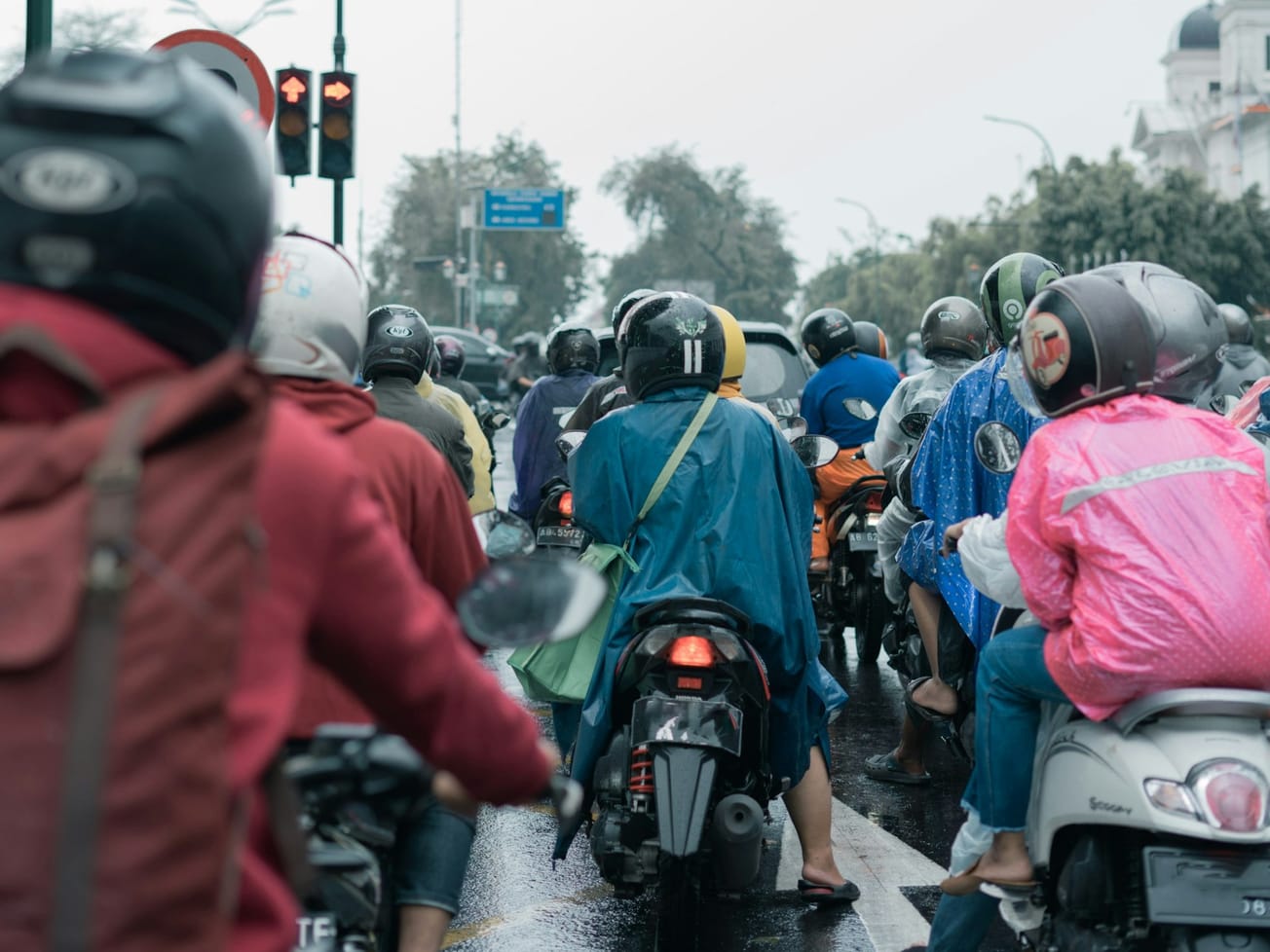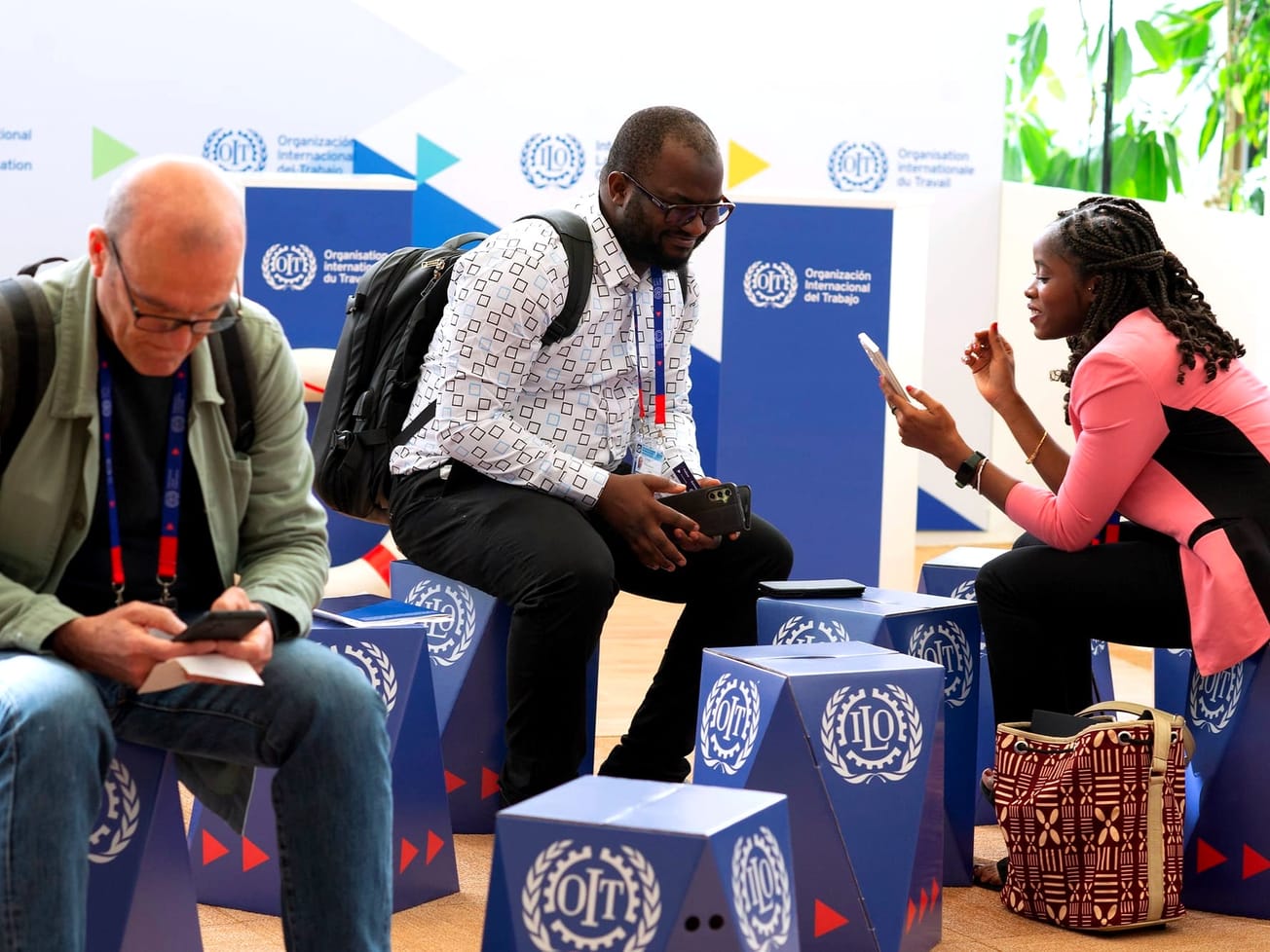GENEVA (AN) — Almost 23% of the global workforce suffers violence and harassment on the job, according to the International Labor Organization's first survey of reported physical, psychological or sexual incidents.
The survey by ILO, Lloyd’s Register Foundation and Gallup found most victims faced violence and harassment in the past five years, and more than 3-in-5 said it occurred multiple times. Most of the victims are women, youth, and migrants.
“It’s painful to learn that people face violence and harassment not just once but multiple times in their working lives,” said Manuela Tomei, ILO's assistant director-general for governance, rights and dialogue.
“Psychological violence and harassment is the most prevalent across countries," she said, "and women are particularly exposed to sexual violence and harassment."
Tomei said she hopes nations will ratify and implement the global treaty that ILO adopted in 2019 with the aim of reducing violence and harassment in the workplace.
The ILO Convention on Violence and Harassment – which does not include language for LGBTI people – is accompanied by a non-binding recommendation that provides guidance on the convention’s obligations.
More than two years ago, Human Rights Watch urged nations to ratify and implement the treaty while reporting that many workers, especially women, view violence and harassment as an inevitable part of getting or keeping a job.
The #MeToo movement and attacks on health workers amid the COVID-19 pandemic also underscored the urgency of stronger measures, HRW said.
Violence and harassment at work is a widespread phenomenon around the 🌍.
— International Labour Organization (@ilo) December 5, 2022
More than 1️⃣ in 5️⃣ people have experienced violence and harassment at work.
Check out the new @ilo @LR_Foundation @Gallup report 👉 https://t.co/CZPqk9RPST#RatifyC190 #16Days pic.twitter.com/f8Zt8pOj2M
Treaty is effective in 10 nations so far
Only 23 nations have ratified the ILO treaty and it has entered into force in 10 of those nations: Argentina, Ecuador, Fiji, Greece, Italy, Mauritius, Namibia, Somalia, South Africa and Uruguay, according to ILO's latest tally. It will take effect in the other 13 nations at various dates next year.
The survey also examined the factors behind why people don't report incidents, including shame, mistrust or a toxic workplace. The most cited reasons were fear for a loss in reputation or a sense of resignation that doing so is a waste of time.
It found 60.7% of women shared their experiences, compared with 50.1% of men. Young women were twice as likely as young men to have faced sexual violence and harassment. Migrant women were almost twice as likely as non-migrant women to report sexual violence and harassment.
"Companies and organizations have been unaware or unwilling to tackle violence and harassment in the workplace," said Andrew Rzepa, a Gallup partner. Almost 75,000 workers in 121 nations and territories were interviewed for the study.
Sarah Cumbers, director of evidence and insight at Lloyd’s Register Foundation, said the survey helped fill data gaps in their global risks poll and provides a benchmark for nations to improve in line with the ILO treaty.
The report recommends:
- Regular collection of data on violence and harassment at work at the national, regional and global levels.
- Extended and updated mechanisms to effectively prevent and manage violence and harassment in the world of work.
- Increased awareness of violence and harassment at work, including its different manifestations, with a view to changing perceptions, stigmas, attitudes and behaviours.
- Enhanced capacity of institutions at all levels to deliver effective prevention, remediation and support.









